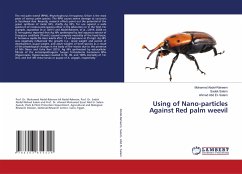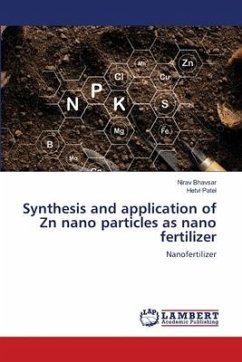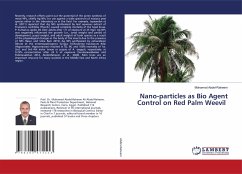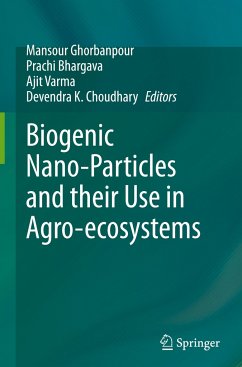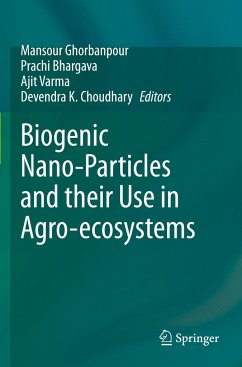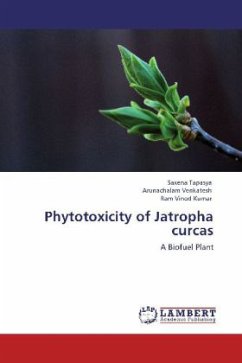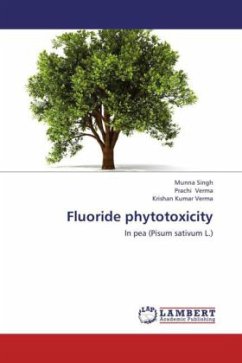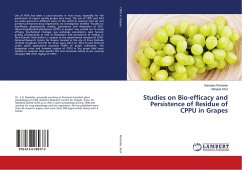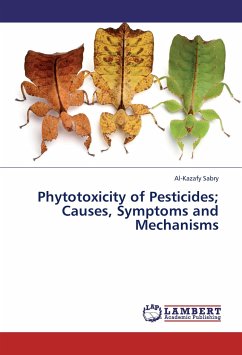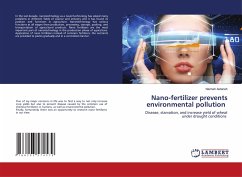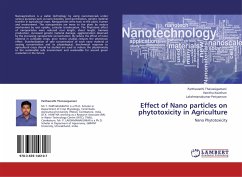
Effect of Nano particles on phytotoxicity in Agriculture
Nano Phytotoxicity
Versandkostenfrei!
Versandfertig in 6-10 Tagen
32,99 €
inkl. MwSt.

PAYBACK Punkte
16 °P sammeln!
Nanoagriculture is a viable technology by using nanomaterials under various purposes such as nano biocides, seed germination, genetic material transfer in agricultural crops. Nanoparticles were toxic to the plant, human and environment. The nanoparticles are move to the plant by various mechanisms by root uptake, cuticular translocation. The Phytotoxic effect of nanoparticles were reduced root length, shoot length, biomass production, increased genetic material damage, agglomeration observed by the increasing nanoparticle concentration. By reduce the effect of nano material in cultivable crops...
Nanoagriculture is a viable technology by using nanomaterials under various purposes such as nano biocides, seed germination, genetic material transfer in agricultural crops. Nanoparticles were toxic to the plant, human and environment. The nanoparticles are move to the plant by various mechanisms by root uptake, cuticular translocation. The Phytotoxic effect of nanoparticles were reduced root length, shoot length, biomass production, increased genetic material damage, agglomeration observed by the increasing nanoparticle concentration. By reduce the effect of nano material in cultivable crops, prior invitro analysis reduces the phytotoxic effect. Standardization of safe concentration of each nano material at varying concentration and its physiological, biochemical response to agricultural crops should be studied are used to reduce the phytotoxicity to the sustainable safe environment and sustainable for second green revolution in the future.



